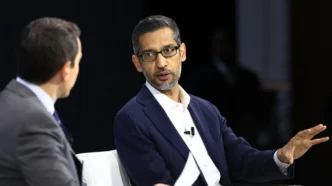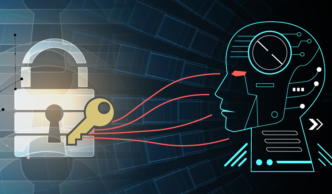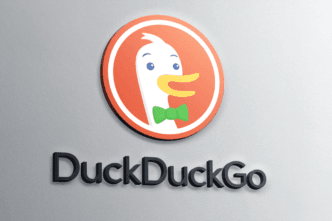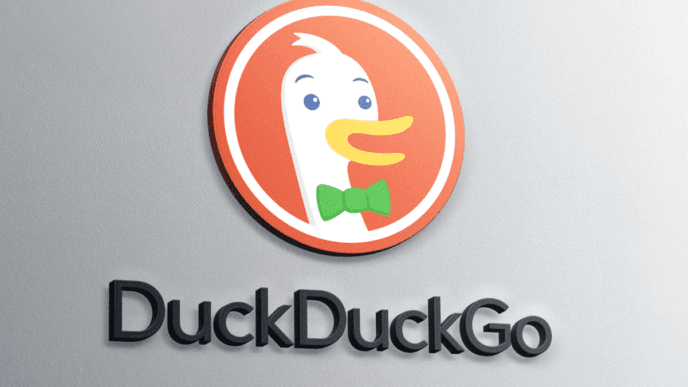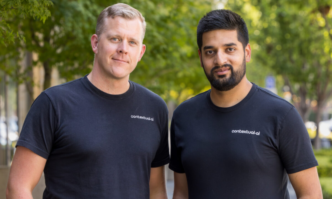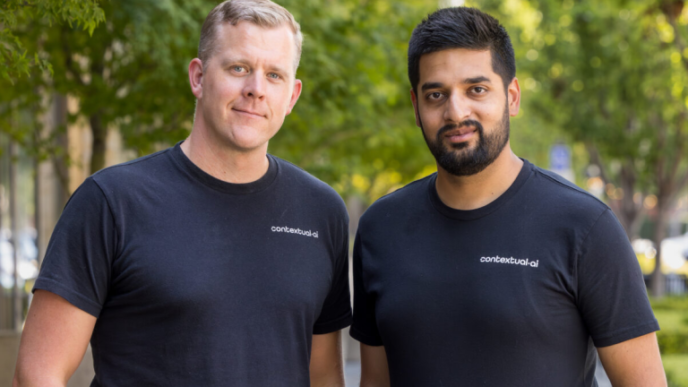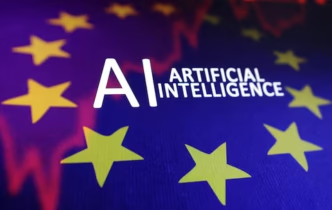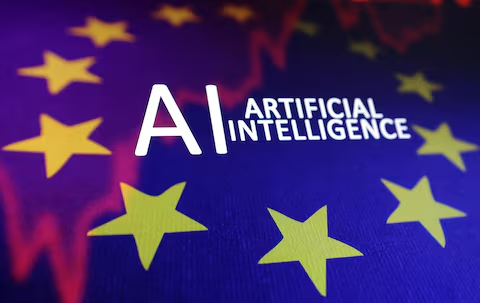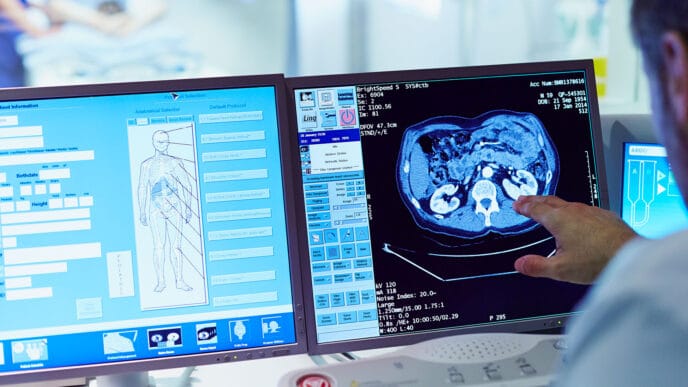Microsoft is officially supporting Google’s Agent2Agent protocol, an open standard designed to let AI agents communicate across different platforms, clouds, and services. The move signals a major step forward in enabling smarter, interoperable AI workflows across the enterprise ecosystem.
Announced Wednesday, Microsoft confirmed it will add support for the Agent2Agent (A2A) specification to Azure AI Foundry and Copilot Studio, two key tools used to build intelligent, automated systems. It has also joined the A2A working group on GitHub to help shape the protocol’s evolution and tooling.
In a blog post, the company said it’s laying the groundwork for collaborative, adaptive software. “The best agents won’t live in a single app or cloud—they’ll work across domains, models, and ecosystems,” it stated. With Google’s Agent2Agent protocol, that vision is closer to becoming a reality.
Unveiled in April, Google’s Agent2Agent protocol allows AI agents to exchange goals and trigger actions across diverse environments. Developers using A2A gain access to shared components that ensure seamless, secure collaboration—even when agents are built with different tools or hosted on separate infrastructure.
With this integration, agents created in Azure AI Foundry or Copilot Studio will be able to communicate with external agents, including those built on Google’s stack or entirely different platforms. For instance, a Microsoft agent could schedule a call while a Google agent sends the invites—no manual coordination needed.
According to Microsoft, the A2A framework empowers customers to design complex, multi-agent workflows that span partner tools and production environments without sacrificing service-level governance or security. This aligns with a wider industry push toward shared agent standards and cloud-agnostic collaboration.
The company’s adoption of Google’s Agent2Agent protocol follows its earlier support for MCP, a standard developed by Anthropic that enables agents to securely access enterprise data systems. Both moves reflect Microsoft’s commitment to open, interconnected AI ecosystems.
As interest in agentic AI continues to surge, so does enterprise investment. A recent KPMG survey found that 65% of companies are actively testing AI agents. Meanwhile, Markets and Markets forecasts the agent-based AI segment will grow from $7.84 billion in 2025 to over $52 billion by 2030.
With Google, Microsoft, OpenAI, and Anthropic now backing common protocols like A2A and MCP, the future of AI agent collaboration looks increasingly unified—and powerful.
